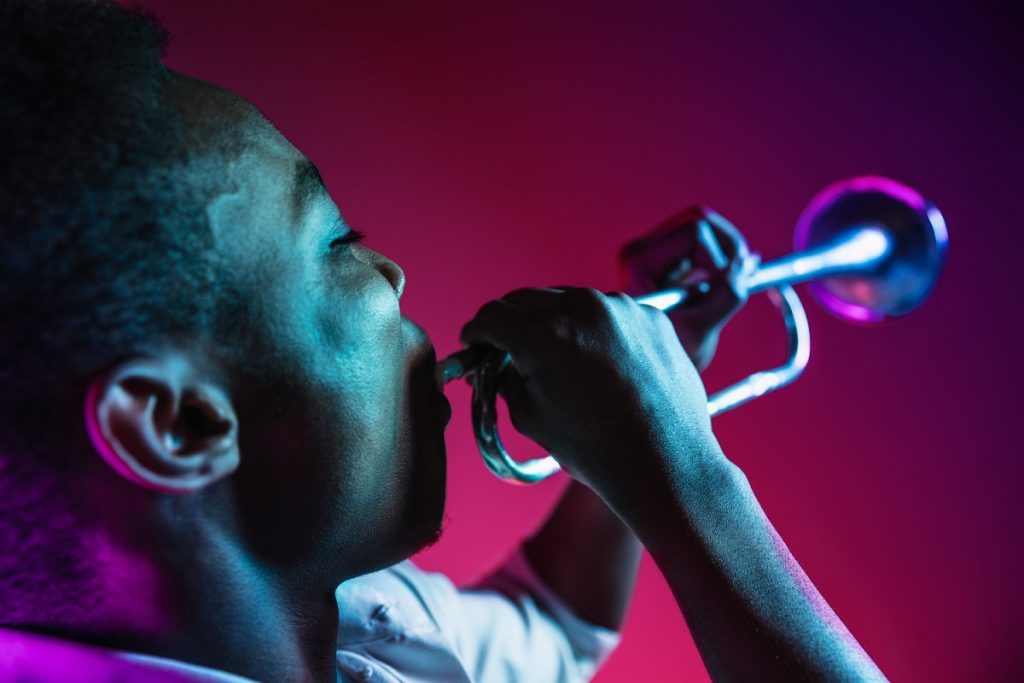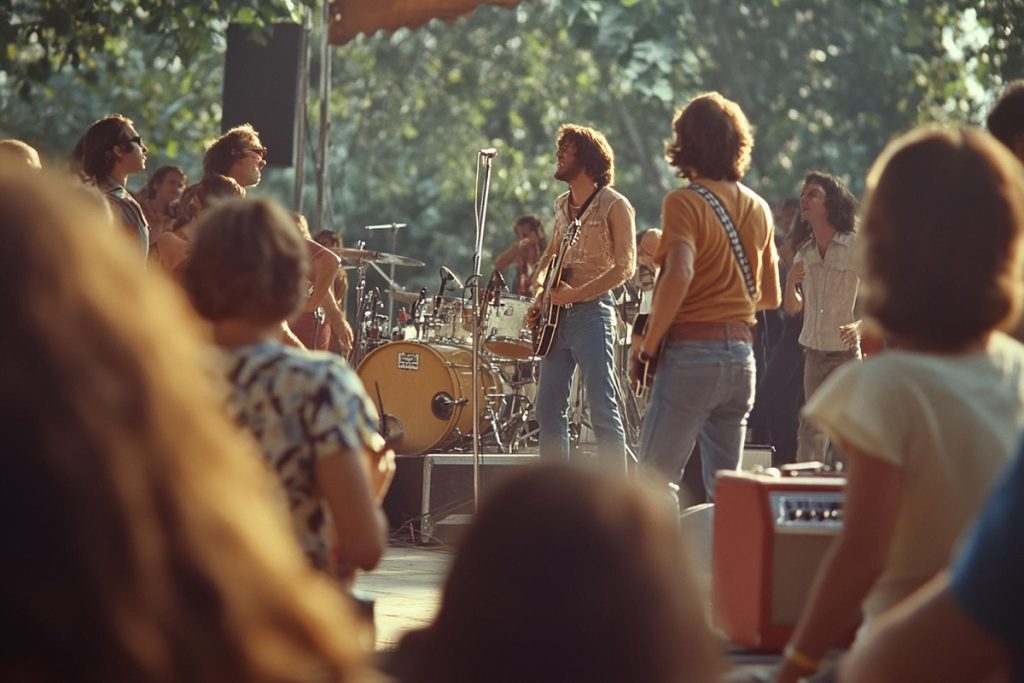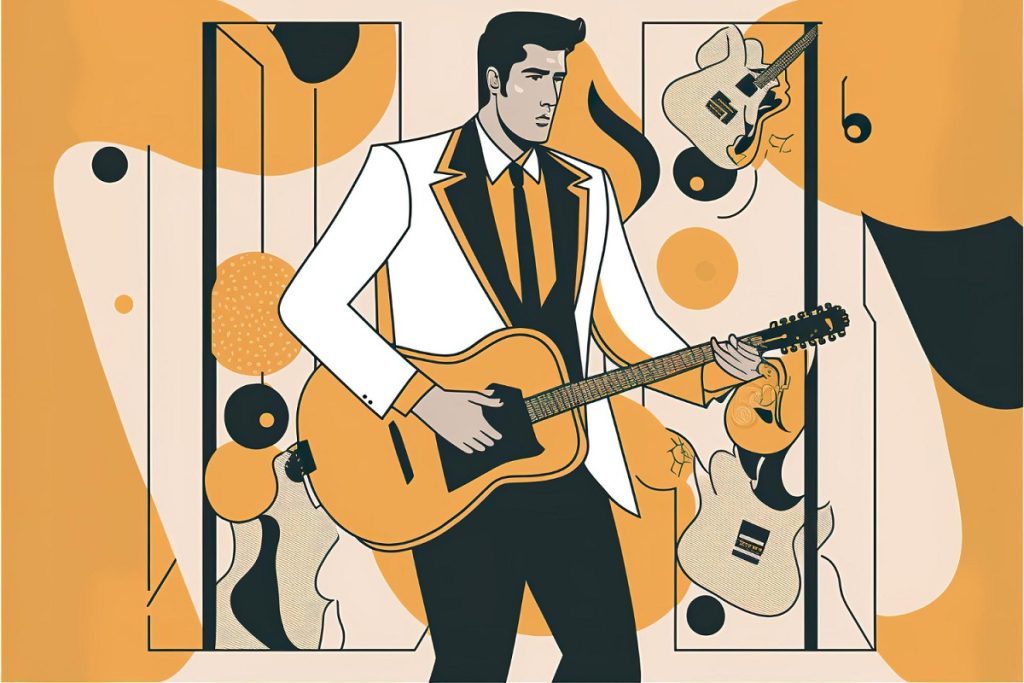In April 2018, Beyoncé took the stage at the Coachella Valley Music and Arts Festival, but by the end of her performance, it was clear that what transpired was not just another headlining set.
Over the course of two hours, Beyoncé transformed Coachella — colloquially dubbed ‘Beychella’ — into a cultural phenomenon that redefined what music festivals could aspire to be.
This performance did not just entertain; it made a profound statement on the power of artistry and the dynamics of cultural representation.
The components of Beyoncé’s historic Coachella performance
Artistic integration and references
One of the most striking aspects of Beyoncé’s performance was her seamless integration of multiple art forms, utilizing dance, elaborate staging, and music from various genres, including hip-hop, R&B, soul, and traditional African music.
Furthermore, her sampling of Malcolm X’s speeches and the works of Nina Simone in her set presented a powerful tribute to Black history and culture.
The homage to HBCUs
Beyoncé’s staging incorporated aesthetics and practices reminiscent of Historically Black Colleges and Universities (HBCUs), particularly featuring a full marching band in an homage to halftime shows seen at many HBCU football games.
This aspect emphasized celebration and education regarding a pivotal segment of the Black American experience, thereby leveraging her platform to elevate historically marginalized narratives.
Innovative use of technology
The performance was also a testament to innovative stage production, with high-definition LED screens, intricate lighting setups, and precisely orchestrated camera angles that enhanced the viewing experience not just for the audience at the festival, but for viewers worldwide via online streams.
Cultural and historical impact
The cultural echo of Beyoncé’s 2018 Coachella performance reverberates far beyond the confines of the festival grounds. As the first Black woman to headline Coachella since its inception, Beyoncé set a new benchmark for what headliners can bring to the table — both in terms of production value and political statement.
Her performance was not only a celebration of her personal artistry but also a broader acknowledgment of African American cultural contributions to the fabric of American society.
Moreover, the live album and documentary ‘Homecoming’, which chronicled the preparation and execution of this milestone set, provided insight into the determination and meticulousness involved, serving as an inspiration for young, aspiring artists especially within the Black community.
Insights and anecdotes
Amidst her set, Beyoncé exclaimed, “I dream it, I work hard, I grind ’til I own it.” This simple yet powerful proclamation encapsulated the relentless dedication behind her historic performance.
Additionally, her decision to donate $100,000 to four HBCUs after her performance underscored her commitment to educational empowerment and aligned seamlessly with the educational themes of her show.
Beyoncé’s Coachella performance in 2018 did more than entertain; it disrupted and elevated festival culture to a spectacle of empowerment, education, and excellence. By intertwining her performance with strong cultural reverberations and technological innovations, Beyoncé set a towering standard for what music festivals could and should represent. The legacy of ‘Beychella’ continues to inspire both artists and organizers in the music industry, ensuring its place in the annals of music history as a beacon of artist-led, culturally-conscious spectacle.
In reflecting on ‘Beychella’, it is evident that Beyoncé didn’t just perform; she pioneered a movement, transforming Coachella from a mere musical and cultural festival into a historical and educational epoch that will inspire and resonate for generations to come.






